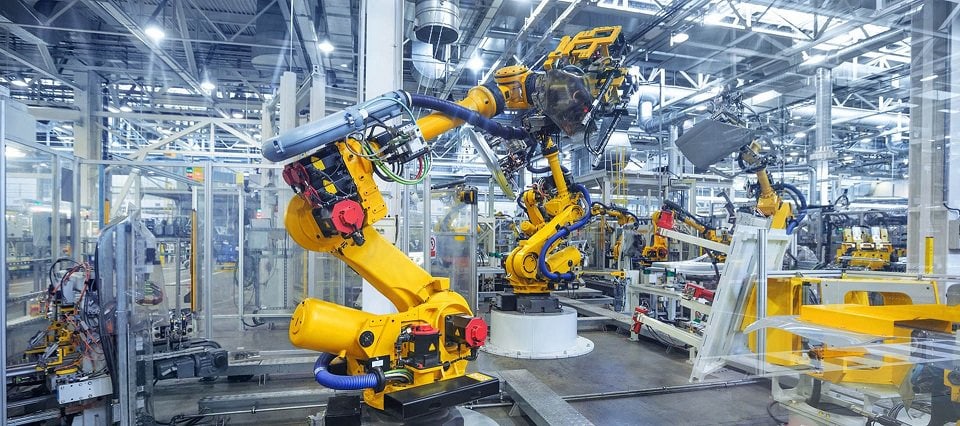Workplace safety is one of the significant challenges that most manufacturing industries face today. Industries use a substantial amount of money every year to cover for their worker’s injuries sustained in the line of duty. Most of the workers miss workdays due to injuries and illnesses suffered from the workplace. Injuries cause direct and indirect costs, which eventually amount to 20 times greater than the direct costs.
Lack of skilled labor is another challenge that manufacturing industries face. Skilled workers are hard to get, and when found, they are expensive to maintain. Due to these challenges, it is the high time that the manufacturing industries should consider using manufacturing automation in place of human labor. The following are some ways that the Universal Robots will be of great benefit to manufacturing industries.
1. Robots Can Fill In Positions for Skilled Labor
Every year, manufacturing industries fall short of skilled labor. Due to the shortage of skilled labor, it is not easy for the manufacturers to fill open positions. Failure to fill in open positions leads to a decline in overall productivity and growth. The challenge of a lack of skilled labor is not going to end any time soon.
A survey carried out by Deloitte in conjunction with manufacturing industries revealed that more than half of manufacturing jobs that will be created in the coming years would not be filled. With the advancement of manufacturing automation, lack of skilled labor will not be a worrying factor. The automated robots are well suited for skilled jobs more than humans.
2. Robots Reduce Workplace Injuries
Most of the manufacturing processes are risky and poses a threat to humans. Many workers suffer from injuries due to heavy lifting and working for long hours. Several injuries occur due to falling from high heights. Processes like welding are done under high temperatures, not conducive to humans. During painting, harmful fumes are released to the atmosphere, which causes health issues to humans.
The manufacturing industries incur a lot of expenses catering to these injuries. The injured workers also miss work for a couple of days, which affect the overall production of the industry. All these problems can be avoided by employing robots. Robots never suffer any injuries and are not affected by fumes or high temperatures. Robots best handle dangerous, dirty, and dull jobs in manufacturing industries. Robots never ask for sick offs neither do they require health insurance.
3. Robots Enhance Productivity and Growth
Lack of skilled labor in the manufacturing industry affects overall productivity and growth. Getting somebody qualified to do a particular job may take time. It is costly to hire skilled labor due to their scarcity. Universal Robots are automated to perform all the tasks that require skills. Manufacturing automation increases production because robots work non-stop from one job to the other. The robots are also programmed to handle numerous tasks precisely.
Injuries sustained in the workplace also affect production and growth. Companies spend a lot of money catering to the medical bills of the injured workers. The wounded workers miss workdays due to injuries that affect production. The direct and indirect cost of providing for the injured workers adversely affects the cost of production. Using automated robots will solve the challenge of reduced output for good. Robots never get injured in their line of duty.
The robotic machines work all through without asking for days off or for breaks. The ultimate solution for reducing the worker’s injuries is to use automated robots. Universal Robots minimizes the cost and the time of production by half. Products made by robots are seamless; thus, there is an assurance of repeat customers. Manufacturing industries that use automated machines supersedes their production goals; therefore, reports increased growth.
